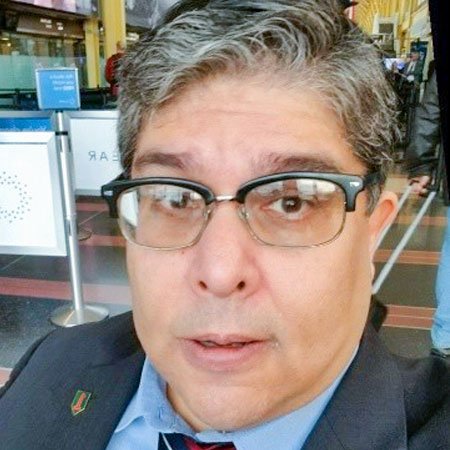As someone who grew up Jewish, I can remember the Pesach dinner of my parents. It was sublime. It reminded us of the continuum between us and the Jews of Egypt in the time of Exodus. It symbolizes a simple concept: freedom. Dennis Prager elucidates.
Also known by its Hebrew name Pesach, Passover combines millennia of religious traditions—and it’s about much more than matzoh and gefilte fish https://t.co/4bWBfZyqgL
— National Geographic (@NatGeo) April 16, 2022
Prager: Rituals have kept Jews alive for 3,500 years, 2,000 of which almost no Jews lived in their own land. America may not survive 300 years inside its own land. The ritual issue is a major reason. There is no more July Fourth. It’s a day for hot dogs and BBQ. There is no more Memorial Day. In the past, you visited the gravesites of those who died protecting this country. Now, like the Fourth of July, it’s just a day off. Thanksgiving has become “Turkey Day” — and if the left has its way, it will be “Genocide Day.” America will not survive if its rituals do not survive.
No Jewish ritual is better known than the Passover Seder. Jews have celebrated it for thousands of years. In fact, it is probably the longest-observed ritual in the world, a testament to the power of ritual to keep a people alive and to perpetuate gratitude and national identity, both of which rely on memory.
Memory, in turn, relies on ritual. Human beings find perpetuating gratitude very difficult. Unless people make a deliberate effort, the good that another has done for them is usually forgotten quickly. Remembering hurtful things comes far more naturally to people than remembering the good things done to them.
That Jews have been grateful to God for the Exodus for over three thousand years is solely due to their observance of Passover — which is all the more remarkable in light of all the terrible suffering Jews have since experienced.
The need for ritual is just as true in secular life. Using America as an example, the holidays with the most observed rituals — Thanksgiving and Christmas — remain widely observed, though they are losing their meaning. On the other hand, holidays during which few or no rituals are observed — Presidents’ Day, for example — remain on the calendar, but are observed only as vacation days or as department store or internet sales days. They are devoid of meaning.
Throughout American history, schoolchildren participated in daily rituals such as reciting the Pledge of Allegiance and saying a prayer for their country and their teachers. The Supreme Court ruled the latter unconstitutional in 1962, in one of the most devastating rulings in American judicial history. It is not unfair to say that within two generations, American students went from blessing their teachers to cursing them.
Ironically, the left, which has eliminated nearly all American rituals, nevertheless recognizes the need for rituals. Today we have new rituals in schools, from elementary school to college: students stand up and announce their “preferred pronouns.”
There is also a proof within Jewish life of the need for ritual. The reason Passover is the best known and most widely celebrated of the three Torah festivals is thanks to the widespread observance of the Passover Seder ritual.
The next best-known Torah festival, Sukkot (tabernacles), is known because of its rituals — the building of a sukkah (booth) for the holiday (see Deuteronomy 16:13–15), and joining friends and family in the sukkah for meals. The least well-known of the three festivals — even among Jews — is Shavuot (Pentecost)— little known precisely because it is essentially devoid of specific rituals (though many Jews engage in the ritual of studying the Torah much of, or even the entire, night).
A post-biblical holiday, Chanukah, commemorating an event that occurred about 1,100 years after the Exodus, is widely observed precisely because of its ritual — lighting an additional candle each night of the holiday’s eight days. Chanukah would not be nearly as widely observed if not for the holiday’s candle-lighting ritual (and, in the West, because of its proximity to Christmas). We must keep important rituals of remembrance alive, whether secular, patriotic, or religious. Our country depends upon them.

Join the Discussion
COMMENTS POLICY: We have no tolerance for messages of violence, racism, vulgarity, obscenity or other such discourteous behavior. Thank you for contributing to a respectful and useful online dialogue.